Call it peanut, groundnut or a monkey nut, these small, oval shaped nuts were perhaps one of the first few domesticated grain legumes by the mankind. Not so long ago, these seeds or legumes, that are crunchy, flavourful and aromatic to the taste- thanks to its high oil content were a staple ingredient in Indian kitchens. While ground nut oil was a regular for seasoning various recipes and even for deep frying, these pale, pink coloured legumes served as an ideal mid-day snack option. With westernization of Indian cuisine, groundnut oil has slowly vanished from our kitchens mostly owing to various theories on how its consumption can lead to cardiovascular diseases and other chronic conditions. However, things have changed in the last few years with cold pressed, traditional oils making a comeback in to Indian kitchens, with more and more celebrity dieticians, nutritionists vouching by its good fats, vitamin and mineral components.
A native to South America and introduced to other tropical countries many centuries ago, peanuts though classified as a nut, are actually not ‘true nuts’ as it belongs to the family of legumes like soy, beans and lentils. In India, groundnut plant is grown in many tropical states, including Andhra Pradesh, Telangana, Tamil Nadu, Karnataka, Gujarat, Maharashtra and Rajasthan. An erect, shrubby plant sporting high to short branches, it adds nitrogen to the soil aided by nitrogen-fixing bacteria, making it a soil-enriching crop. As it improves the fertility of the soil, groundnut is the first choice of crop for the farming community in our country, for ‘crop-rotation’ a process in which different types of crops are grown and harvested in the same area, in various seasons. The stems of peanut plant bear compound leaves with two pairs of leaflets and flowers look golden yellow in colour with about 10 mm in length. Groundnuts, that ripen underground are developed through self-pollination into ovaries, take shape in oblong peanut pods, with rounded ends. Each pod would contain two to three seeds covered in a thin, brownish or whitish shell.
The maturity of these pods depends upon the amount of calcium and other nutrients available in the soil. The groundnuts that are available raw, boiled, soaked or roasted boast quite an impressive nutritional profile matching other tree nuts like almonds and walnuts, in taste, vitamins, protein and good fats. Peanuts contain 13 different vitamins including A, B, C and E groups, 26 essential minerals like iron and calcium, zinc and boron. Low on salt, groundnuts also act as natural hunger suppressants as it is loaded with good fats. Groundnuts are abundant in protein, healthy fats and dietary fibre. Groundnuts are immensely rich in potassium, calcium, phosphorus and B vitamins which offers you with a host of health benefits. Groundnuts are a great blend of healthy fats, protein and fibre that curbs your appetite, lowers the risk of heart disease and regulates blood glucose levels. Groundnuts are an ideal snack for the diabetics as it aids in lowering blood sugars. Grab a fistful of roasted peanuts to control hunger pangs and also to prevent sudden spike in the levels of blood sugars. Studies reveal that peanuts are loaded with 21% of manganese for every 100 grams which plays a major role in absorption of calcium, regulation of blood sugar.
Peanuts are a rich source of beta-sitosterol, which aids in prevention of tumors in the body. It obstructs the growth of tumors, especially in the case of cervical and breast cancers. Researchers reveal that eating peanuts at least thrice in a week, in any form be it boiled, soaked, fried reduces the risk of cancer by 58% in both men and women. Groundnuts improve functioning of the brain, thanks to its ample amounts of Vitamin B3 and niacin. Loaded with flavonoids, these yummy nuts stimulate the functioning of brain by increasing the blood flow to the brain.
These tiny, wonder nuts are a good source of Vitamin C, that help in boosting immunity and arrest hair fall. Regular intake of peanuts increases the production of collagen, strengthen hair follicles, prevent baldness and contribute to the hair growth. Peanuts are a good mix of protein, fat and fibre to improve gut health and can keep you satiated for longer hours. These nuts provide instant energy, increase metabolic activity and prevent overeating. Don’t like raw or roasted peanuts? Grab a groundnut chikki bar made with jaggery to address those mid-day hunger pangs. Pack few roasted or boiled peanuts in the snack box of your child, for healthy bones and muscles. A rich source of protein, groundnuts help in digestion, boost metabolic activity, contribute to building muscles and stronger bones.
Regular consumption of groundnuts provides a vibrant glow to the skin. The healthy monosaturated fat resveratrol present in these legumes prevents excess production of sebum oil and breakouts of acne and pimples. The presence of vitamin E and vitamin C aid in the prevention of fine lines, wrinkles and avoid signs of aging.


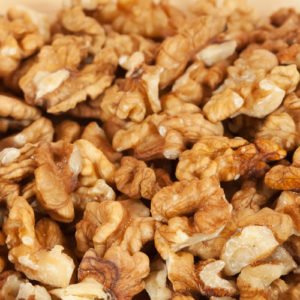
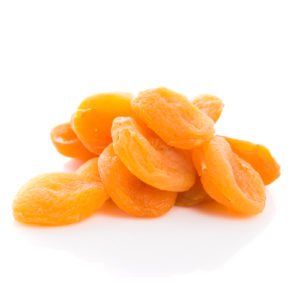

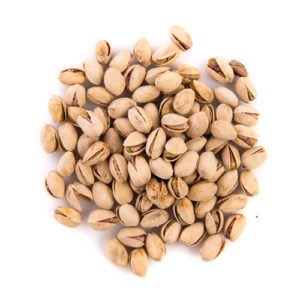
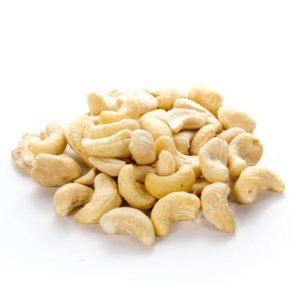

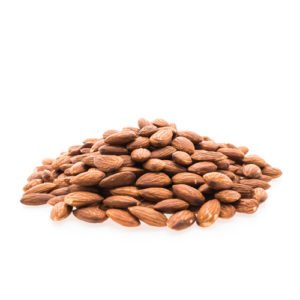
Reviews
There are no reviews yet.